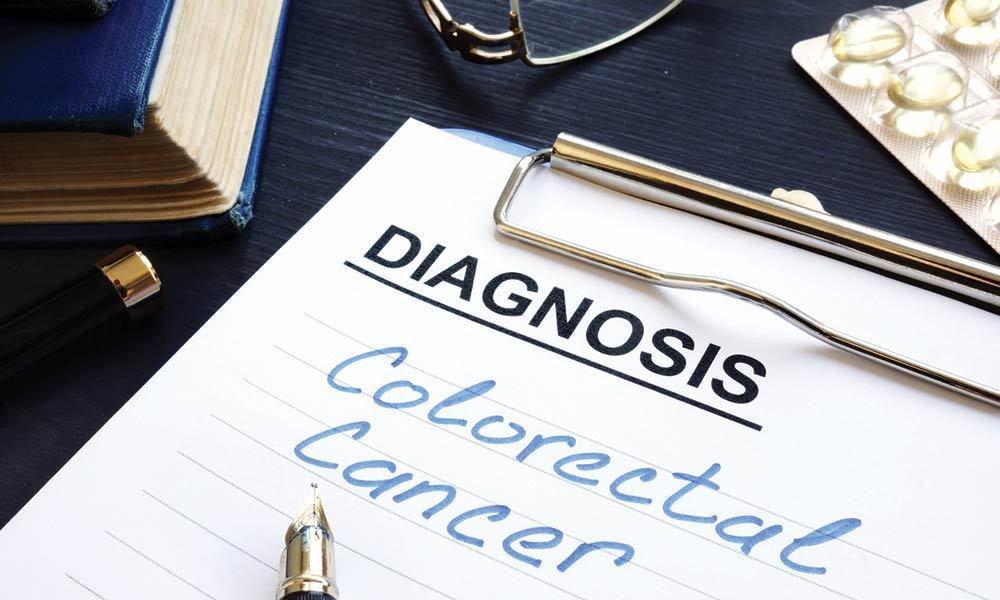
Most people know that colon cancer (Colorectal Cancer or CRC) is a serious disease, but many don't understand how it spreads. This lack of knowledge can lead to some dangerous misunderstandings about the disease. In this article, we will explore how CRC spreads and what you can do to protect yourself from it.
What is Colon Cancer and how does it spread
Colon cancer is a type of cancer that starts in the colon, which is the large intestine. This type of cancer can spread to other parts of the body, including the liver and lungs. CRC is one of the most common types of cancer, and it can be deadly if not treated.
Colorectal cancer can spread in a few different ways. The most common way it spreads is by traveling through the blood or lymphatic system to other parts of the body. Colorectal Cancer can also spread to other parts of the body through tumor cells that break away from the primary tumor. Tumor cells can also spread to other parts of the body through the colon wall.
If you have Colorectal Cancer, it's important to get treatment as soon as possible. Treatment can help stop cancer from spreading and save your life.
What Causes Colon Cancer?
CRC is most commonly caused by a combination of lifestyle choices and genetics. Some of the risk factors for CRC include smoking, obesity, a lack of exercise, and eating a diet high in processed foods. Colorectal Cancer can also be hereditary, meaning that it can run in families. If you have a family history of Colorectal cancer, it's important to get screened regularly for the disease.
If you have colon cancer, it's important to get treatment as soon as possible. Treatment can help stop cancer from spreading and save your life.
Colon Cancer Symptoms
Colon cancer symptoms can vary from person to person, but some common symptoms include:
- fatigue
- weight loss
- blood in the stool
- changes in bowel habits.
If you experience any of these symptoms, it's important to see your doctor right away. It can be deadly if not treated, so it's important to get checked out if you have any concerns.
How to Protect Yourself from Colon Cancer
There are a few things you can do to protect yourself from colon cancer. The most important thing is to get screened regularly for the disease. If you have a family history of it, it's especially important to get screened regularly. You can also reduce your risk of developing colon cancer by making healthy lifestyle choices, such as quitting smoking, eating a healthy diet, and getting regular exercise.
Treatment Options for Colon Cancer
Treatment options for colon cancer include surgery, chemotherapy, and radiation therapy. Surgery is the most common treatment for colorectal cancer, and it involves removing the tumor and surrounding tissue. Chemotherapy uses drugs to kill cancer cells, and radiation therapy uses radiation to kill cancer cells.
Resources and Further Reading
There are a number of resources available for people with Colorectal cancer. Some of the best resources include:
- The Colon Cancer Alliance: This is a national organization that provides support and education for people with Colon Cancer. They have a website that has a lot of information about Colon Cancer, including how it spreads and how to protect yourself from it.
- The American Cancer Society: This is another national organization that provides support and education for people with Colon Cancer. They also have a website with a lot of information about Colon Cancer.
- Your doctor: Your doctor is a great resource for information about Colon Cancer. He or she can tell you about the treatment options available to you and answer any questions you may have.
Conclusion
Colon cancer is a common type of cancer that can be deadly if not treated. Colorectal Cancer can spread in different ways, and the most common way it spreads is by traveling through the bloodstream or lymphatic systems to other parts of the body. CRC often has no symptoms, which makes early detection important for saving lives--the earlier you know about colon cancer, the better your chances are of being cured!
Colon Cancer Prevention includes getting screened regularly (if you have any family history), eating healthy foods, and exercising regularly. Treatment options include surgery, chemotherapy, and radiation therapy; surgical removal of the tumor with surrounding tissue is the most common treatment option for colon cancers because treatments like chemotherapy may cause side effects on organs such as kidneys or liver so should only be used when necessary.
